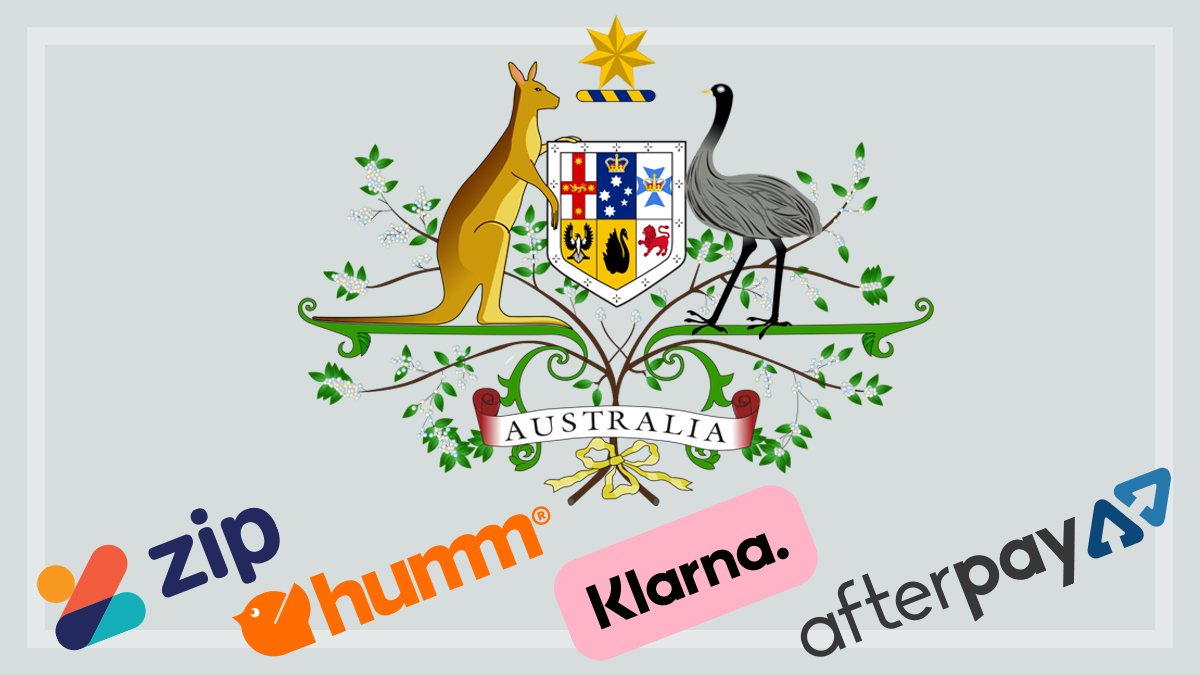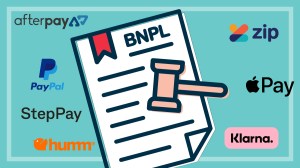
Government announces ‘balanced’ BNPL reforms

The federal government has announced long-awaited reforms to bring buy now, pay later (BNPL) companies under the credit act, mandating responsible lending obligations and hardship requirements.
Minister for Financial Services Stephen Jones announced the changes during a speech to the Responsible Lending and Borrowing Summit on Monday, saying his reforms were a “balanced” approach that would protect consumers, but not harm “prudent” BNPL usage.
“We have arrived at a strong solution, and a proportionate solution,” he said.
What do the reforms mean?
Under the government’s reforms, the regulation of BNPL companies would move under the national credit act and companies would be required to hold an Australian Credit Licence.
As well as mandating statutory hardship and dispute resolution requirements, there will also be responsible lending obligations, but these will be “scaleable” to the size of the loan.
“The responsible lending regime will be central to our approach. However, our legislation ensures that the obligations on BNPL providers are scaleable and technologically neutral. We will make sure they are the right fit for the risk level of their products,” Jones says.
Financial counsellors cautiously optimistic
In a joint media statement on Monday, consumer groups and financial counsellors expressed cautious optimism about the announcement, with Financial Counselling Australia (FCA) saying that “the devil is going to be in the detail”.
“Financial counsellors will be worried that the government’s approach will not be enough to protect vulnerable consumers from the harm of BNPL,” FCA CEO Fiona Guthrie says.
The government’s approach will only work if there is a requirement for BNPL providers to be part of the credit reporting system
FCA CEO Fiona Guthrie
“Too many financial counselling clients have multiple BNPL accounts. The government’s approach will only work if there is a requirement for BNPL providers to be part of the credit reporting system, to reduce the risk of over-commitment.
“It is wrong to assume that just because a loan is for a small amount that it is somehow a lower risk. Small amounts can cause big problems.”
CHOICE responds
CHOICE CEO Alan Kirkland says the drafting of the law was important and that consumer groups would be watching closely.
“While the government has said these will be scalable, we should not assume that small loans are automatically safe. Many of the people who end up in financial hardship as a result of BNPL have smaller loans, often many of them,” he says.
“We need to remember how we got into this mess – through loopholes in our credit laws that allowed a whole new type of credit to emerge without proper regulation. The government needs to resist pressure from the industry to build carve-outs in these new laws.
“According to CHOICE research, over one in four BNPL users have had to cut back on essentials to pay for BNPL fees or debts. With many people struggling with the rising cost of living, it is now more important than ever that they are protected from rogue lenders,” Kirkland adds.
Related




